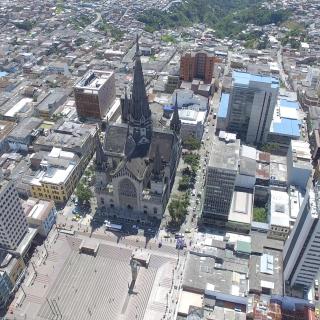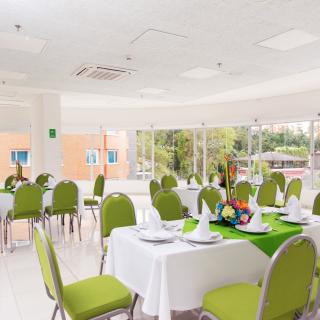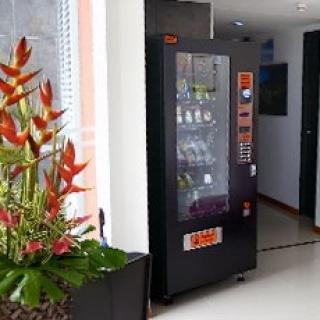01/03/2022
Tips for Exploring Los Nevados National Natural Park
Are you ready to live an experience at over 4,500 meters above sea level? If so, your destination will be Los Nevados National Natural Park, located in the departments of Caldas, Risaralda, Quindío, and Tolima.
The park is made up of the snow-capped peaks of Quindío, Santa Isabel, El Cisne, El Ruiz, and Tolima. It is home to species such as the paramo hummingbird (which only inhabits this place), the crested eagle, and the condor, among others.
Activities, Tips, and Precautions
Exploring the park allows you to experience the high Andean mountains, transitioning from forest to páramo, with glaciers as your reward at the summit. In the area, you can practice various activities such as hiking, climbing, flora and fauna observation, and sports like mountain biking.
If you?ve decided to embark on this type of adventure, it?s essential to prepare before your visit to avoid discomfort during the journey: the most important thing is to be well-informed about entry points, permits, route planning, and to understand their implications (like altitude and the required clothing).
It?s important to get a good night?s sleep before your visit, and to stay hydrated and consume carbohydrates, which are vital to give your body the nutrients it needs to handle the altitude and avoid ?altitude sickness? or ?soroche.?
Also, don?t overlook important details such as wearing appropriate clothing for cold weather (glasses, gloves), bringing a rain jacket, and carrying gear such as a tent and a mountain-rated sleeping bag. Remember to bring a first aid kit, have your phone fully charged, and be accompanied by a professional guide.

Now, during your visit, it?s key to register at the park entrance, know the opening and closing hours of the area you?ll be in, and follow the park rules. You can find all of this information on the
It?s also very important to protect your skin by using sunscreen before and during your visit, and to wear UV-protective sunglasses.
We do not recommend doing any hikes at night, as the chances of getting lost are high. Also avoid visiting the park if you are sick or sleep-deprived, as being in less-than-optimal physical condition may prevent you from acclimating properly and increase your risk of ?soroche.?
Remember that if you show symptoms of altitude sickness (dizziness, fatigue, vomiting, headache, among others), you must descend from the mountain. It?s important to listen to your body and inform a trusted contact of your route in case assistance is needed.
Lastly, and most importantly: remember that the mountain welcomes you with all its majesty, richness, and ecosystems?honor your visit by respecting it, avoid littering, bring bags to carry your waste, and dispose of it properly when you return.







